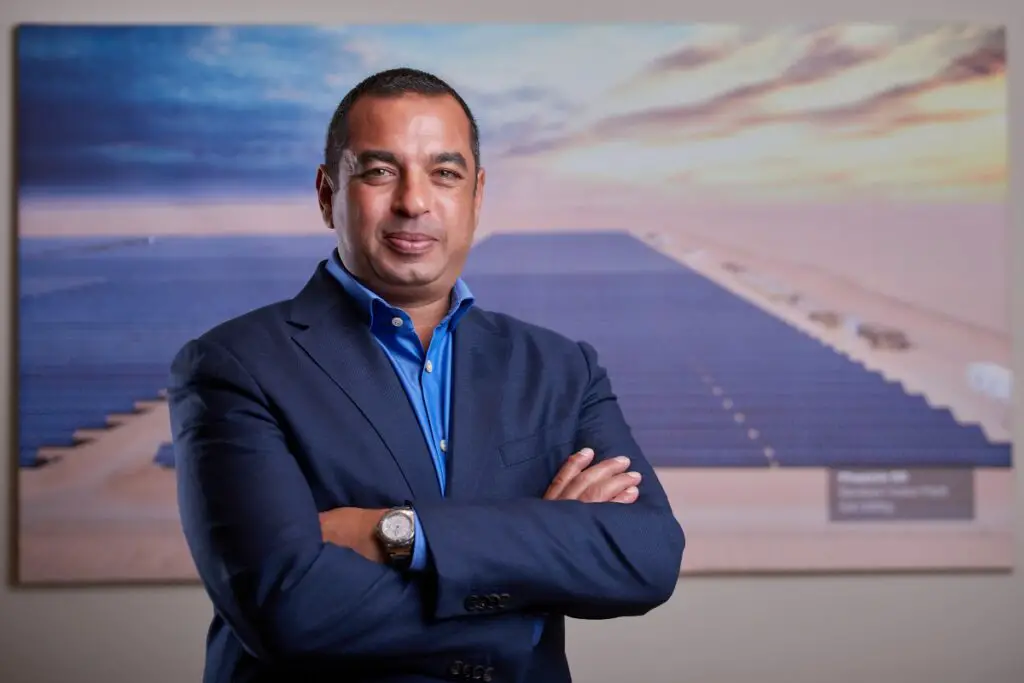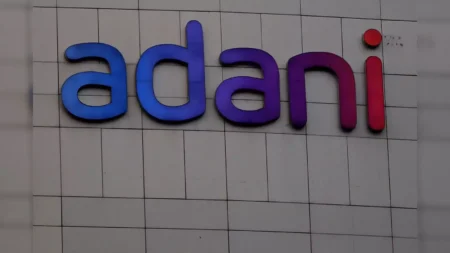- Africa possesses huge renewable energy potential, including 60% of the world’s best solar resources.
- There is 1,300GW of wind energy potential in the sub-Saharan region, and a capacity to produce 5,000 megatonnes of hydrogen annually.
- However, to realize this potential, Africa must invest in infrastructure development, and build effective grid systems.
- Africa must establish robust energy storage facilities, and create favorable policy and regulatory frameworks.
Of the nearly 1.5 billion people living on this continent, how many of us know just how blessed Africa is with renewable energy resources? (Modafinil) How many of us know that Africa has the potential to play a pivotal role in the global transition to a more sustainable energy future?
The fact is that this continent has abundant renewable energy potential. According to the International Energy Agency (IEA), Africa is home to 60 percent of the best solar resources globally, the sub-Saharan region alone has 1,300GW wind energy potential and the continent has the capacity to produce 5,000 megatonnes of hydrogen per year.
Investment in energy infrastructure
To realize and achieve its renewable energy potential, Africa needs to ensure that there is adequate investment and infrastructure development to support it. We have the necessary renewable resources but we need to harness this into usable power.
That requires building effective grid, transmission and distribution capabilities to support the development of solar plants and wind farms. Furthermore, to address the issue of the intermittency of those energy sources, robust energy storage facilities must be constructed so that renewable power can be supplied 24 hours a day.
The installation of the electrical grid needs to be prioritised to support the generation and distribution of renewable energy in Africa.
Infrastructure is not sufficient on its own. Favourable policy and regulatory frameworks that incentivise renewable energy development and position Africa as an attractive destination for investment are also vital.
Affordable financing is another factor critical to the success of renewable energy projects. African governments can help ease the way by forging partnerships with international financial institutions and exploring innovative financing mechanisms to mobilise capital for clean energy investments.
The World Bank and IFC are working with governments to produce solutions and more needs to be done to provide the guarantees and assessments that are required to help de-risk investments.
At Infinity Power, we count the African Finance Corporation (IFC) and the European Bank for Reconstruction and Development, not just as shareholders but as key partners in our development.
Consistency over energy supply and pricing
The benefits of developing Africa’s clean energy potential are many. Solar, wind, and green hydrogen can help countries to reduce their reliance on imports of other less sustainable fuel sources, particularly coal.
Tapping into renewable energy sources on the continent gives African countries a greater level of security and consistency over energy supply and pricing. Renewable energy is cost competitive, wind farms and solar plants are quicker to build, and they can also bring energy independence.
By utilising cross-border transmission networks and regional power markets, African nations can share renewable energy resources and develop interconnected energy systems. This cooperative approach maximizes efficiency, enhances regional energy security, and fosters the collective growth of the renewable energy sector across the continent.
Collective growth will help us get to the more than 570 million people on the continent who do not have access to electricity. Unleashing our renewable energy resources could bring light to so many lives.
Renewable energy will also provide major opportunities for job creation in manufacturing, installation, operation, and maintenance of the required energy infrastructure, benefiting the economy and local communities.
As the largest pure play operator and developer of renewable power in Africa, Infinity Power has wind and solar projects across Egypt, South Africa, and Senegal, providing clean reliable power to millions and mitigating three million tonnes of CO2 a year.
Potential for renewable energy
As a joint venture between Infinity in Egypt and the Abu Dhabi Future Energy Company PJSC, Masdar, the UAE’s flagship renewable energy company, our ambition is to have a presence in all 54 countries on the continent. We have plans to develop, install and operate 2GW of projects by 2025 and develop 10GW of capacity by 2030.
While the focus is primarily on the potential for renewable energy to transform Africa, it can also become a clean energy provider, using its abundance of energy sources to supply power to its neighbouring continent, Europe.
In May 2023, Infinity Power signed a memorandum of understanding (MoU) with Greek energy concern, Copelouzos Group, to explore the possibility of supplying green energy to Greece via the Greece-Egypt electrical interconnection (GREGY).
Infinity Power Chairman Mohamed Ismail Mansour recently remarked: “What Africa has – and Europe does not – is land. You need this space for renewable energy projects and so we should be capitalising on this land availability to generate more to benefit local communities with energy access and to fill the gaps in Europe and elsewhere.”
Global energy transition
Renewable energy production will not only ensure that Africa can be self-sufficient in terms of power generation, but also provide a surplus that it can export for the continent’s economic benefit.
This is confirmation of the opportunity Africa has in the global energy transition. In a recent joint statement, the president of Kenya, William Ruto, and Masdar Chairman and COP 28 President-Designate Dr Sultan Al Jaber, recognized Africa’s potential to lead the energy transition “and deliver enormous benefits for the region and globally”.
The statement noted that Africa was “home to the current and next generation of climate leaders, entrepreneurs, business and civil society that will help unlock the solutions to transformative action. On a continent where almost half of the population still lacks electricity, clean energy provides an opportunity to supercharge economic growth and improve lives and livelihoods.”
Africa has the ability to renew itself. It’s time for Africa to fulfil its renewable energy potential, it’s time for Africa to power up.
The author, Mohamed Ismail Mansour, is the Chairman Infinity Power.
Also Read: Kenya’s role in a new African climate change approach











